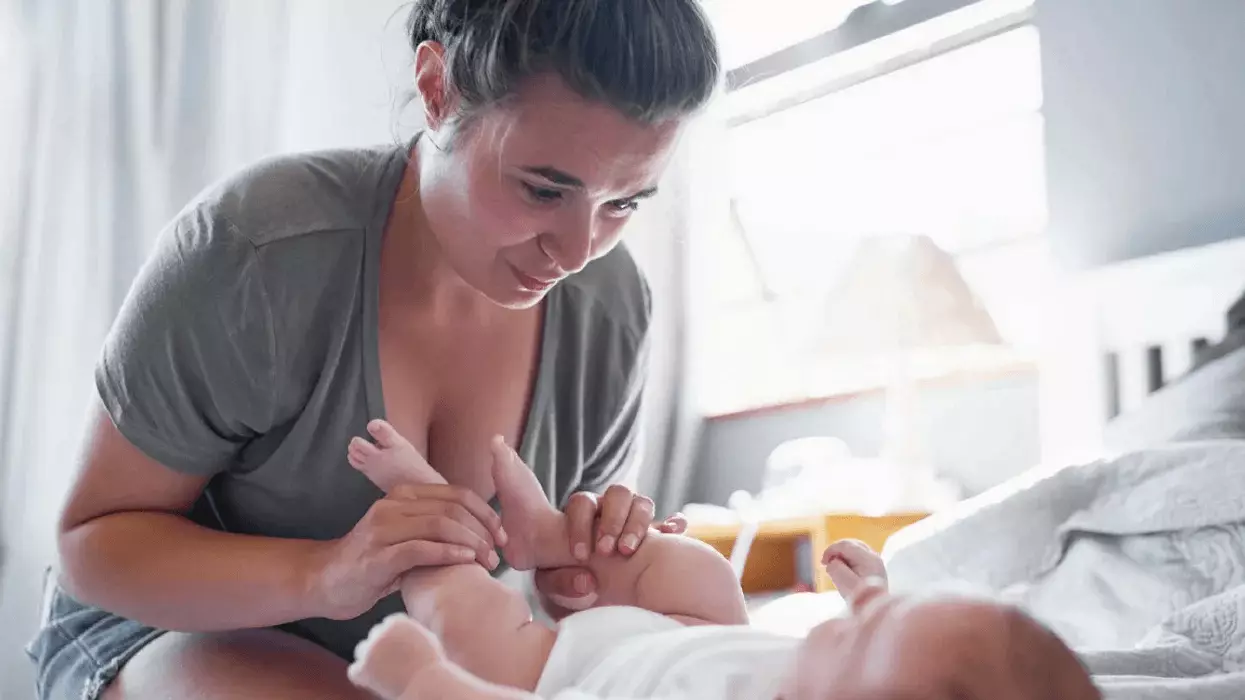Postpartum depression (PPD) is often cloaked in stigma and silence, a struggle that women frequently experience yet seldom talk about openly. As a mother, navigating the emotional rollercoaster after childbirth can sometimes feel isolating, particularly for those grappling with intrusive feelings that contradict societal expectations of joyful motherhood. The conventional narrative around PPD has evolved over time, but understanding its complexity and nuances remains crucial in fostering an environment of empathy and support.
Before embarking on my journey into motherhood, PPD felt like a distant concept—something whispered about but rarely examined in depth within wider discussions about pregnancy and parenting. If it was mentioned at all, it came packaged with an air of shame, indicated by hushed tones and the fearful glances of those affected. Many mothers shared their vulnerabilities only within intimate social circles, crafting a narrative where feelings of inadequacy and sadness remained ensconced in secrecy. Even as a spectator, I recognized that this silence served to reinforce the burdensome notion that new mothers are expected to embody unmitigated bliss and joy.
After giving birth myself, I encountered a change: the conversation around postpartum depression began to shift. Increasingly, mothers were stepping into the light, sharing their stories, and lending a voice to an experience far more common than many realize. Recent statistics reveal that approximately one in seven women experience postpartum depression, equating to over 500,000 mothers annually—a staggering number that highlights a collective need for understanding.
What can often mislead those who haven’t experienced PPD is its wide array of manifestations. One might typically associate PPD with overwhelming sadness or a failure to bond, but the reality is multiform. Postpartum depression can masquerade in several ways, including anxiety, obsessive-compulsive behaviors, and even rage, complicating the diagnosis and treatment. This variability makes it difficult for mothers to articulate what they are feeling—often leading to feelings of guilt and shame when they cannot match the emotional landscape they had envisioned.
“Mothers are often put on a pedestal, expected to navigate the early days of motherhood with grace,” reflects Heather, a survivor. “But just because I looked fine from the outside doesn’t mean I wasn’t struggling internally.” External appearances can be deceiving; mothers may carry on with their daily lives while silently wrestling with feelings that no one else can see. Recognizing these hidden battles is paramount in creating a support system that truly aids women in need.
The pervasive guilt that plagues many women with PPD can be dismantled through shared narratives and authenticity. Too often, we equate motherhood with unwavering joy, leading many to feel unworthy or like failures when those feelings don’t align. “I felt so guilty for not cherishing every moment with my perfect baby,” says Ashleigh, recalling her own experience. “It was as if the guilt was suffocating, and I didn’t want to burden anyone with my thoughts.”
Normalizing these feelings and fostering an environment where mothers can share without fear of judgment can significantly alleviate some weight off their shoulders. Understanding that it’s okay to not immediately bond with a newborn—as relationships take time to build—creates a stronger, more supportive community that validates the experiences of all mothers.
Another critical component of tackling postpartum depression is acknowledging that sadness is just one piece of the puzzle. The breadth of symptoms varies across individuals, making it vital for friends and family to remain vigilant. Anger, irritability, and heightened anxiety can also signal that a new mother requires support. As Chrissy Teigen highlights, distinguishing between typical motherhood stress and PPD can be daunting; clarity often emerges when they finally realize what they are battling.
Support networks must also embrace the granular nuances of PPD. Friends should consider checking in regularly not just about the baby, but also about the mother’s well-being. “Being there without trying to ‘fix’ anything provides immense relief. Sometimes, simply listening is what a struggling mother needs most,” emphasizes Teigen.
In the end, the key to alleviating the burdens of postpartum depression lies in empathy and open dialogue. It is essential for those who are aware to foster an atmosphere where mothers feel safe sharing their struggles. There is immense relief in knowing that one is not alone in their fight against an often invisible adversary. Acknowledging postpartum depression as a legitimate struggle devoid of shame and stigma can be the first step toward healing—something every mother deserves.
As a community, we need to hold space for these conversations and encourage mothers to express without fear of judgment. Only then can we begin to dismantle the barriers that perpetuate the silence surrounding postpartum depression and pave the way for a more inclusive narrative of motherhood—one that embraces the trials as much as the triumphs.

